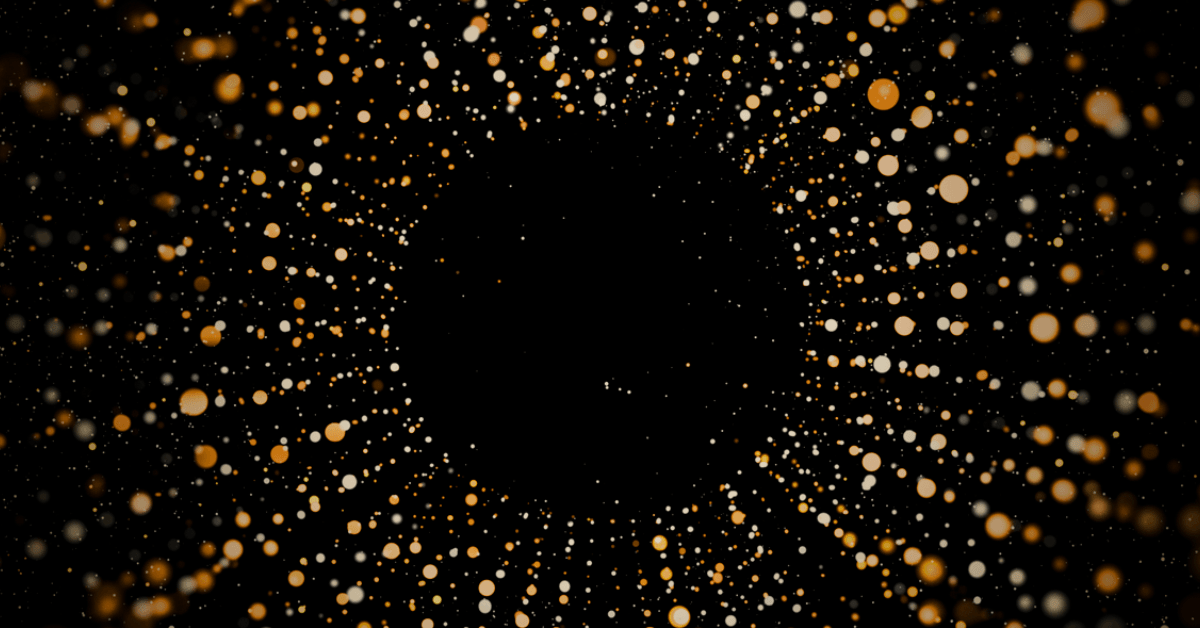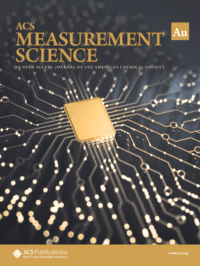Nominate an early-career researcher to be highlighted in our Special Issue celebrating the 2026 Rising Stars in Measurement Science. Submit your nomination by November 20, 2025.

Measurement science is the cornerstone of chemistry, enabling precise identification and quantification of substances across complex systems from living organisms to the environment, and empowering researchers to explore the chemical world with precision and depth. The field spans a broad spectrum: from chemical measurement sensitivity and selectivity to advanced separations, spectroscopy, and mass spectrometry. New tools and technologies, such as sensors, microfluidic devices, imaging systems, electrochemical and surface analysis, and nanoscale technologies, provide insight into new developments, and a lens to better understand discoveries across chemistry. To shine a light on the early-career researchers making significant contributions to the field, we invite you to submit a nomination for the 2026 Rising Stars in Measurement Science.
This Special Issue will showcase original, cutting-edge, and impactful research from the next cohort of early-career researchers working in experimental, computational, or theoretical research in all areas of chemical measurement science. The scope of this Special Issue is intentionally broad and aims to highlight the researchers conducting work at the forefront of their field.
Those who are selected as Rising Stars will be invited to submit to ACS Measurement Science Au. These Rising Star publications will appear in issues throughout 2026 and then be collected in a Special Issue at the end of the year, which will be widely promoted. The work will be highlighted as a significant contribution from a researcher who is breaking new ground in their field. As ACS Measurement Science Au is fully open access, your paper will be available to anyone, at anytime, anywhere in the world.
Topics include, but are not limited to:
- Chemical Reactions and Selectivity
- Chemometrics and Data Processing
- Electrochemistry
- Elemental and Molecular Characterization
- Imaging
- Instrumentation
- Mass Spectrometry
- Microscale and Nanoscale systems
- Omics (Genomics, Proteomics, Metabonomics, Metabolomics, and Bioinformatics)
- Sensors and Sensing (Biosensors, Chemical Sensors, Gas Sensors, Intracellular Sensors, Single-Molecule Sensors, Cell Chips, Arrays, Microfluidic Devices)
- Separations
- Spectroscopy
- Surface analysis
Organizing Editors
Prof. Shelley Minteer, Editor-in-Chief, ACS Au Community Journals
Missouri University of Science and Technology, United States
Shelley Minteer is the Director of the Kummer Institute Center for Resource Sustainability at Missouri University of Science and Technology. Shelley’s research group focuses on improving the abiotic-biotic interface between biocatalysts and electrode surfaces for enhanced bioelectrocatalysis. Her work also studies electrode structures for enhanced flux at electrode surfaces for biosensor, bioelectronics and biofuel cell applications. The group has expertise in using a variety of electroanalytical, biological and spectroscopic techniques.
Prof. Robert Kennedy, Associate Editor, ACS Measurement Science Au
University of Michigan, United States
Robert Kennedy is the Willard Professor of Chemistry and Professor of Pharmacology at the University of Michigan. His research focusses on analytical chemistry and its application to neuroscience, endocrinology, and biotechnology. The Kennedy group has developed instrumentation that couples sampling probes to capillary electrophoresis, capillary chromatography, mass spectrometry, and microfluidic assays for monitoring neurotransmitters in vivo, to study changes in neurotransmitter concentrations associated with behavior and diseases. His group has also developed sensors and microfluidic devices for monitoring insulin secretion from pancreatic b-cells, which, combined with metabolomics, helps elucidate the biochemical mechanism of insulin secretion. Robert’s group also studies electrophoretic and mass spectrometric assays as novel approaches to high-throughput screening.
Prof. Ciara O'Sullivan, Associate Editor, ACS Measurement Science Au
Universitat Rovira i Virgili, Spain
Ciara O’Sullivan is an ICREA Professor at the Universitat Rovira i Virgili. The O’Sullivan group develops electrochemical and optical biosensors exploiting advances in tailored biocomponents. The group has expertise in biosensors, aptamers, liposomes, surface chemistry, and next generation molecular tools. Currently, the group is focused on molecular diagnostics for screening and monitoring of disease, as well as on the development of aptamers for application in optical and electrochemical molecular aptamer beacons.
How to Nominate
We welcome nominations (including self-nominations) to be featured in this Special Issue until November 20, 2025.
We are seeking early-career investigators who are within the first eight years of their initial independent appointment (Assistant Professor or equivalent) and are conducting research at the forefront of their field. Allowances are made for those who took career breaks for any reason; please reach out if you have any questions regarding eligibility.
Please fill out and submit the nomination form below. If you have any questions regarding suitability, please do not hesitate to contact us.
Submitting to the Special Issue
Researchers who are selected as 2026 Rising Stars will be notified by email.
We welcome submissions for this Special Issue through June 1, 2026. For more information on submission requirements, please visit the journal's Author Guidelines page.
Papers accepted for the 2026 Rising Stars Special Issues will be available ASAP (as soon as publishable) online. After all submissions have been published, they will then be compiled online into a Special Issue. Manuscripts submitted for consideration will undergo the full rigorous peer review process expected from ACS journals.
Open Access
ACS Measurement Science Au is a fully open-access journal, which means your work will be immediately and freely available for anyone to read in perpetuity. We recognize that different authors have different levels of access to funding for Article Publication Charges (APCs). Therefore, evaluation of nominations will be entirely based on merit and not on financial resources.
We offer a range of options to support authors with open-access publishing, including through the ACS special country pricing policy, ACS institutional open access agreements, and a limited number of APC waivers, which can be offered at the discretion of the editor at the point of invitation.
